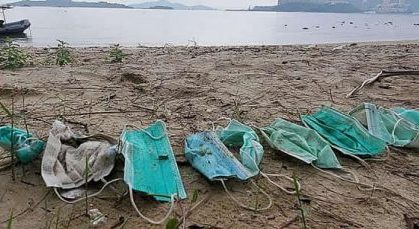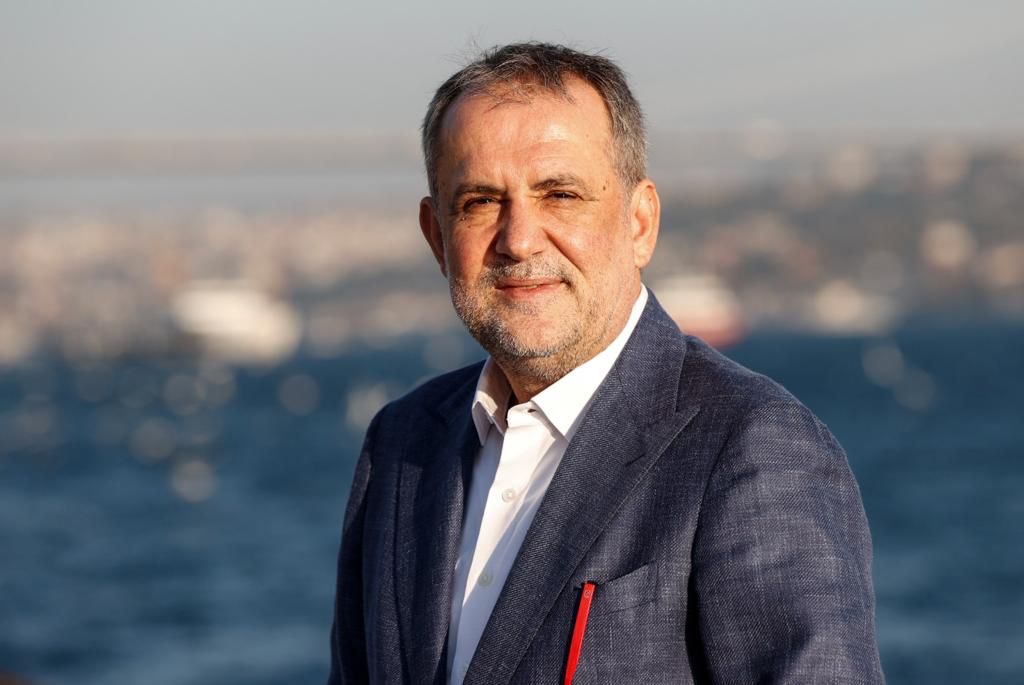As chief climate change negotiators, we participated in the 21.Meeting of the Parties on Climate Change to represent Turkey in Paris. Around 40 thousand people joined the conference where a total of 196 countries were represented by their negotiating teams. The recent terror attacks in Paris inevitably cast a pall over the negotiations. Even though all countries were quite naturally driven by the urgency of the fulfillment of their own interests, the existence of a strong will behind tackling global warming could be clearly seen.
All the participant countries were there to find common ways to prevent the catastrophic effects of climate change but the real problem lay in determining the extent and nature of the responsibilities each country was expected to undertake.
188 countries declared in good will their plans to tackle global climate change until 2030. Each participant held in his hand a 60 page long negotiation text and a 2030 road map presented as a sign of good will.
4 GROUPS OF COUNTRIES, 4 DIFFERENT VIEWS
Countries joining the climate change negotiations were made up of 4 main groups. The first group was made up of rich industrialized countries imbued with a heightened sense of historical responsibility to tackle the climate change; the second group was made up of fast developing countries which, in a drive to get richer, embarked on a road of fast industrialization with potentially baneful effects for the environment. The third group was made up of third world countries which will bear the brunt of the effects of the climate change. And finally there were those small island countries as well as low-lying coastal countries that face the growing risk of extinction from abrupt climate change and the sea-level rise that it will cause. Add to that list those countries with rich oil and coal resources which fill their treasuries extracting fossil fuels, the number one culprit of climate change.
All countries had a different perspective on the negotiations in Paris. Rich developed countries gave the ‘’Do not repeat our mistakes, we adopted a reckless growth strategy contaminating the air, the soil and the water. Do not follow in our footsteps; consider the future generations and aim for a sustainable growth. The earth has gotten 1 o C warmer since the Industrial Revolution, leading to uncontrollable natural catastrophes” message to other countries while developing countries maintained that developed countries needed to make more commitments to even further slash their emission levels and delivered the ”We agree to put our signature under no decisions that will hinder our economic progress and development.
We have a continuously increasing youth population and they need jobs. So we need to create new industries to create new jobs and therefore we need to meet our ever growing energy needs. We want to develop and become stronger. If, in the process, you do not wish us to pollute the atmosphere as you did and if you wish us to pursue a path of sustainable development and use renewable energy sources such as the sun or the wind, you need to give us the necessary financial aid to help us achieve these goals because investing in renewable energy sources is an expensive venture. It is much cheaper to establish thermal power plants that release emissions into the atmosphere” message.
While small island countries and third world countries, on the other hand, gave the ‘’we have done nothing to cause climate change; we do not have the kind of industry that it would take to pollute the atmosphere with poisonous gases. But that does not change the fact that we will be the greatest sufferers of this affliction. We anticipate hefty social and financial costs. Who is going to pay for all this?” message, other countries said: ”We are the countries that will bear the brunt of the climate change, considering our precarious geographical locations. When the glaciers start melting, the sea level will rise by up to 5 meters according to scientific reports. What are we going to do when it comes to that, who will we turn to for assistance, how will we adapt to the new conditions? We will certainly need external financial support to help us adapt”.
Rich Gulf countries, on the other hand, which are the principal producers of CO2 emissions and whose economies largely depend on the extraction of fossil fuels, say: ‘’Our economies will suffer dearly if fossil fuels are banned until 2100. That would leave the future generations without any job prospect!”
A BETTER THAN NOTHING AGREEMENT
All in all, 196 countries have their own separate concerns with regards to the climate change. In the current state of things, is it a too far-fetched notion to create a sustainable, just, dynamic and transparent agreement that will satisfy all countries which are, sadly enough, tangled up in a conflict of interests with one another?
The Kyoto Protocol, which has been in force since 2004 and which will expire in 2020, was not enough to solve these problems. The negotiations for the Paris Treaty, which will come into effect in 2020, had been going on for 4 years.
Finally, the two week marathon where the outlines of the world’s future struggle against global climate change have been set down came to an end, with 196 countries agreeing on a common policy. The Paris Treaty has been unanimously endorsed. It is a treaty which has left all sides content and at peace. The treaty, which contains no punitive and coercive terms, has gone down in history as the ‘mildest’ agreement ever made. All parties left the negotiations content and happy, finding consolation in the thought that it is at least better than nothing.
The French are happy, too. They believe they have achieved a great diplomatic success by hosting an agreement named ‘Paris’.
NATURE WILL STRIKE BACK WITH HARSHER TERMS
The Paris Treaty represents at least a compromise of some sort. Therefore, all countries must make good their commitments to this global-wide struggle. It is indeed an undeniable fact that the treaty foresees no coercive measures or economic sanctions but the nature will strike back with even more fury unless all countries do what they are expected to do.
It should come as no surprise when climate change causes civil wars, terror acts and poverty-related migration waves and refugee crises in the future.
As long as countries do not act in their own selfish interests but rather make common cause to remove this threat facing the earth, we will stand a higher chance of tackling this malady.
Otherwise, future generations will be bereft of clean drinking water, clean breathable air and fertile land to plant crops on.



